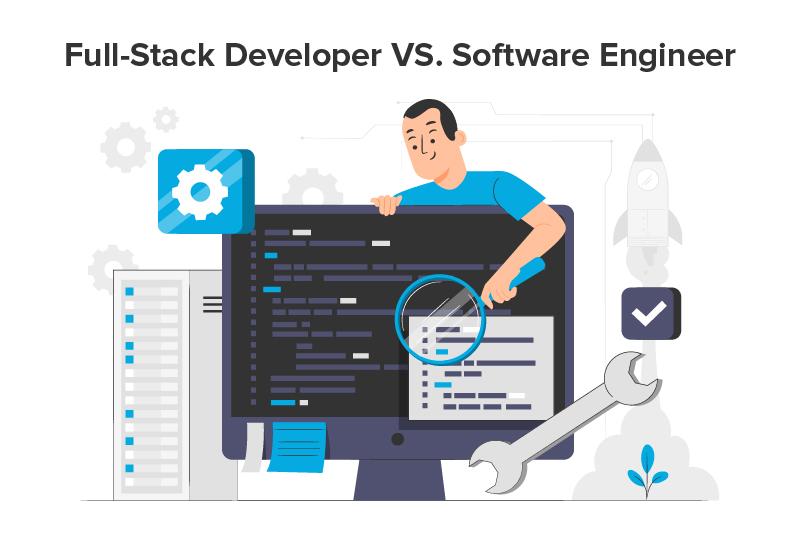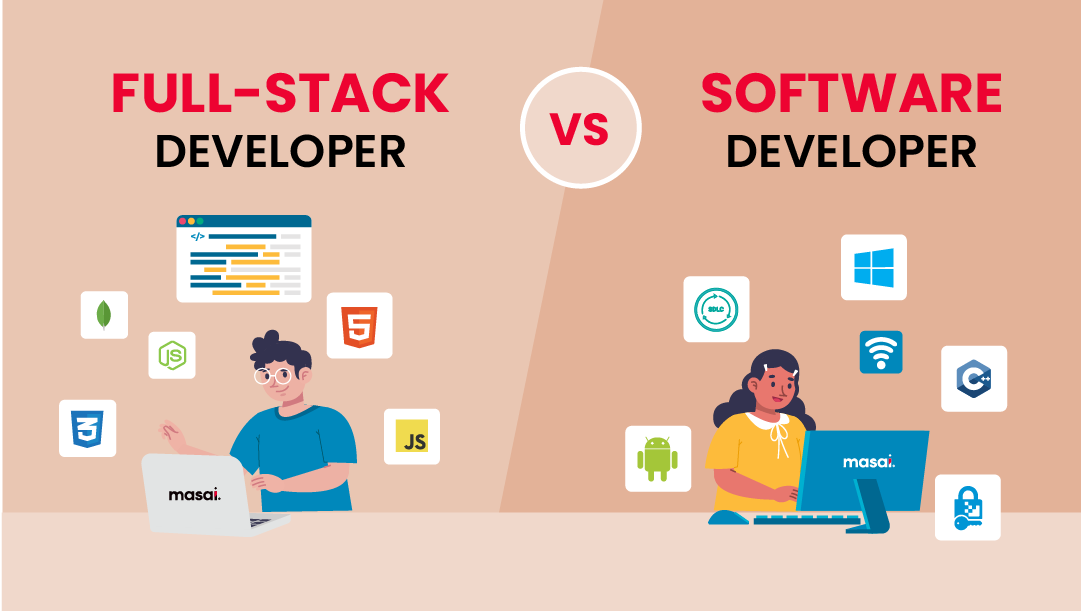Hire Dedicated Developers to Increase Your Software Development Timeline
Hire Dedicated Developers to Increase Your Software Development Timeline
Blog Article
Devoted Developers vs. In-House Teams: Which Is Right for You?
The decision in between making use of devoted developers and keeping an in-house group is a substantial one that can impact the trajectory of your jobs and general company strategy. Devoted developers provide a degree of versatility and specialized expertise that can be beneficial for certain, temporary campaigns. Alternatively, in-house teams contribute to a natural firm culture and a nuanced understanding of long-term goals. By checking out vital variables such as spending plan, task range, and wanted control, you can better figure out which technique lines up with your organizational needs. Nevertheless, the ramifications of this choice extend past instant results-- take into consideration the wider influence on your service landscape.
Recognizing Committed Developers
The growing need for specialized abilities in the tech sector has actually resulted in the development of committed programmers as a sensible solution for several organizations. These professionals are normally gotten on a job basis, enabling business to utilize details proficiency without the lasting commitment connected with permanent hires. Devoted programmers are commonly embedded within a customer's team, offering versatility and scalability to satisfy job requirements.
This design allows companies to access a worldwide skill swimming pool, which is specifically advantageous in a quickly evolving technological landscape. Devoted programmers can be sourced from numerous geographical places, making certain that companies can discover the right ability at competitive rates. They commonly bring a wealth of experience and understanding, having actually functioned on varied jobs throughout different sectors.
Moreover, committed developers can concentrate exclusively on the jobs available, improving productivity and efficiency. They are furnished to integrate seamlessly right into existing workflows, teaming up carefully with in-house teams to attain project goals. This technique not only minimizes the problem of employment and training yet also enables companies to remain nimble, adjusting rapidly to transforming market demands and technical developments.
Benefits of In-House Teams

Furthermore, internal teams often tend to have a much deeper understanding of the business's objective, worths, and goals. This positioning can boost staff member interaction and motivation, as employee feel a lot more linked to their job and the company's success. Additionally, having a dedicated internal team permits much better placement of methods and purposes, as these participants are regularly concentrated on the firm's priorities.
In-house teams also facilitate quicker decision-making procedures, as they can react more swiftly to adjustments and obstacles. The well-known partnerships and experience with business methods enable for streamlined operations and decreased miscommunication. Eventually, the combination of a natural culture, positioning with business objectives, and effective interaction makes in-house teams a valuable asset for lots of organizations, specifically those aiming to cultivate long-lasting development and innovation.
Price Considerations
When assessing expense factors to consider, both dedicated developers and in-house groups present unique monetary effects for organizations. Involving devoted programmers normally involves a pay-per-project or per hour rate version, which can be cost-effective for organizations with changing project demands. This approach permits versatility in scaling resources up or down, making sure that firms only pay for the solutions they require.
In contrast, in-house groups involve dealt with expenses, including wages, benefits, and overhead expenses such as workplace room and equipment. While this model uses higher control and prompt availability of sources, it may lead to higher long-lasting expenditures, specifically if the work does not justify a full-time personnel.
Moreover, companies ought to consider the concealed prices related to recruitment and training of in-house employees, which can further stress budget plans. In many cases, the time and sources invested in taking care of an in-house group can diminish the organization's core organization objectives.

Job Management and Adaptability
Task administration and flexibility are important factors that affect the choice in between internal teams and devoted developers. Devoted groups usually have established procedures for handling tasks efficiently, leveraging certain techniques like Agile or Scrum, which assist in repetitive progress and versatility.

Inevitably, the option between in-house groups and committed developers pivots on the preferred level of flexibility and the certain task management needs. Companies must review their operational dynamics, job complexity, look here and resource availability to determine which alternative aligns finest with their calculated goals.
Making the Right Option
Picking the best growth method-- committed developers or in-house groups-- needs a cautious assessment of various aspects that line up with a company's critical goals. software development partner. First, think about the nature of the job. Devoted developers might be more ideal if it requires specialized abilities or a quick scale-up. Conversely, in-house groups can offer better connection and combination with existing employees.
Next, review your budget plan. Devoted programmers commonly provide a cost-effective remedy for temporary projects, while in-house teams may incur higher lasting expenditures as a result of incomes, advantages, and overhead prices. Examine the degree of control and collaboration wanted; in-house groups usually cultivate stronger communication and alignment with firm culture.
If prompt outcomes are necessary, committed programmers can be onboarded rapidly, whereas building an in-house group takes time for recruitment and training. If continuous advancement is crucial, spending in an internal team might yield far better returns over time.
Conclusion
In conclusion, the decision in between in-house teams and devoted designers hinges on task demands and business objectives. On the other hand, in-house teams website link cultivate a natural society and much deeper placement with lasting goals.
The choice between utilizing specialized programmers and preserving an in-house team is a considerable one that can influence the trajectory of your jobs and total business technique.Task management and flexibility are crucial factors that influence the selection in between committed programmers and internal groups. dedicated development team.In contrast, in-house groups might stand out in keeping a consistent job management framework due to their knowledge with the organization's culture and lasting objectives. Committed designers usually offer a cost-effective solution for temporary projects, while internal teams may incur higher long-lasting expenses due to incomes, advantages, and overhead prices.In conclusion, the choice in between internal groups and specialized developers pivots on task requirements and organizational goals
Report this page